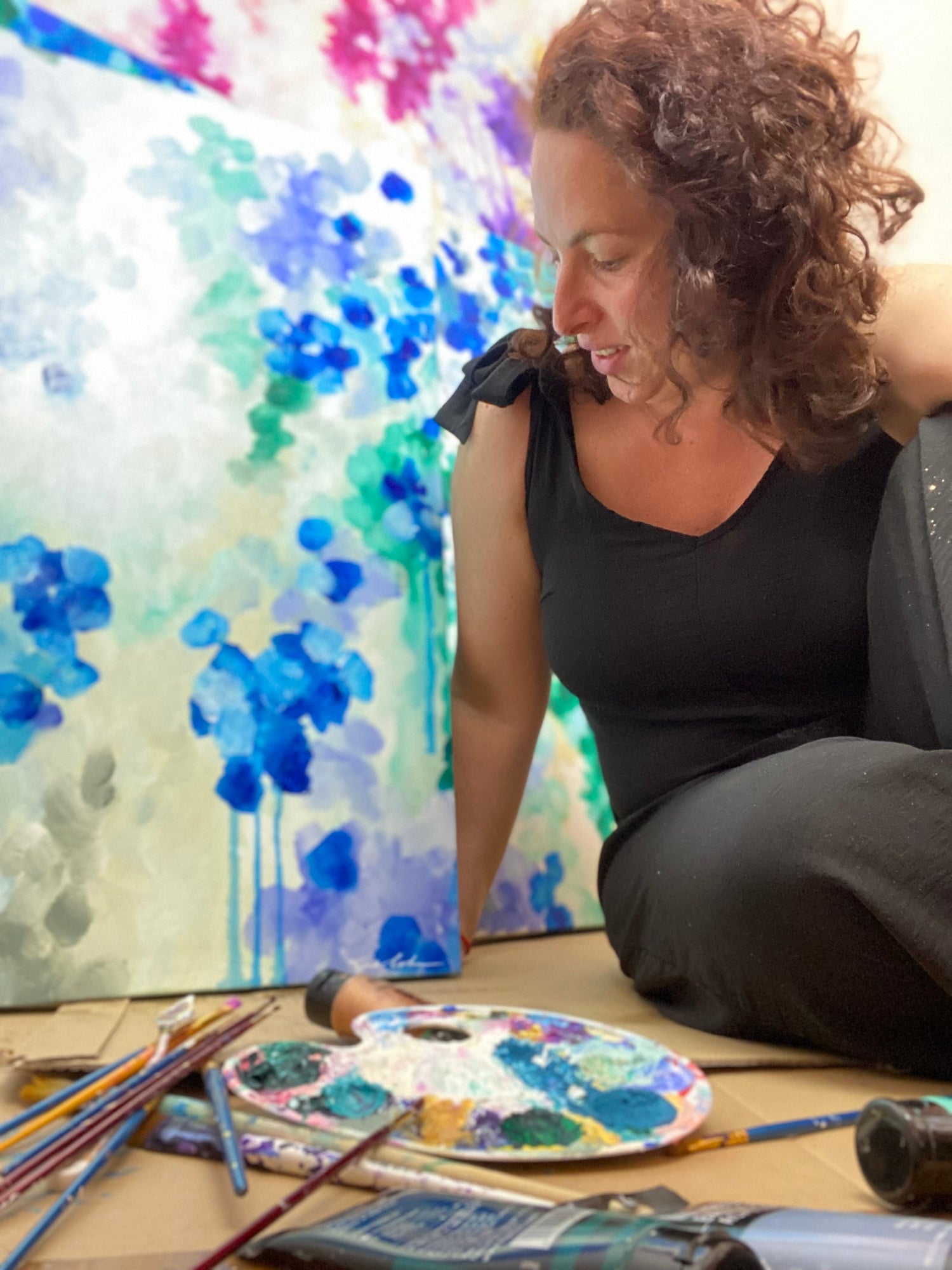The question of who defines whether you are an artist is inherently subjective. Ultimately, you are an artist if you feel confident enough to present yourself as one and to showcase your work as art.
- Embracing Your Identity as an Artist
Claiming the title of an artist requires a great deal of self-confidence. For many, this journey involves overcoming significant internal barriers such as self-doubt and impostor syndrome. These feelings can be particularly strong for self-taught artists who may not have formal validation from academic or institutional sources.
- My Personal Experience as a Self-Taught Artist
As a self-taught artist, it took me a long time to embrace the identity of an artist. Without the structure and recognition that often come with formal training, I struggled with doubts about my legitimacy and worthiness. Presenting myself as an artist meant confronting these doubts head-on.
- Building Confidence Through Public and Customer Feedback
What truly helped me gain confidence were the positive responses from the public and customers during exhibitions. Their feedback served as a powerful affirmation of my work. Knowing that others saw value and meaning in my art provided the external validation I needed to bolster my internal belief in myself as an artist.
- The Role of Community and Audience
Engaging with an audience can be transformative. The support and appreciation from those who experience your art can affirm your identity as an artist. It is through these interactions that the subjective nature of being an artist finds communal resonance. When your work connects with others, it reinforces the idea that you are, indeed, an artist.
- Conclusion
Ultimately, being an artist is a personal journey of self-acceptance and confidence. It’s about believing in your creative vision and having the courage to share it with the world. Positive feedback from your audience can play a crucial role in this process, helping you to overcome self-doubt and fully embrace your identity as an artist.


